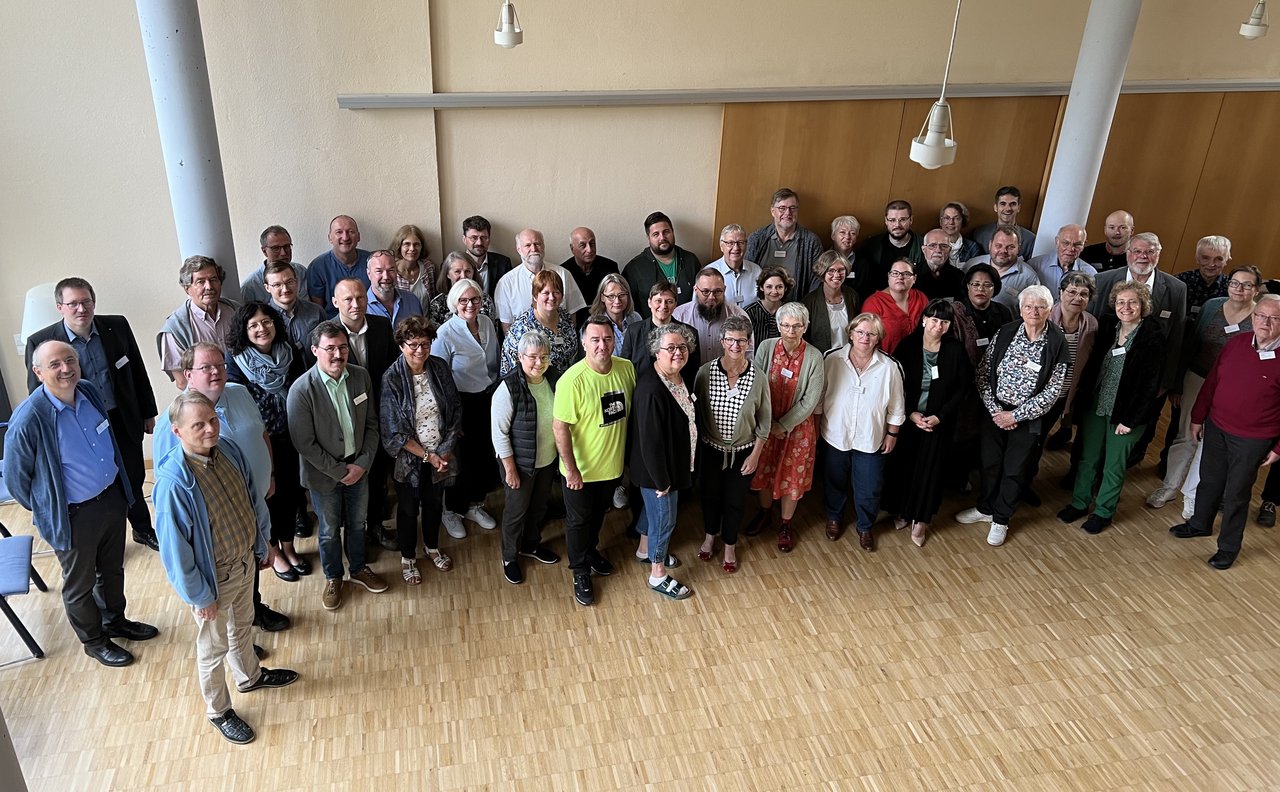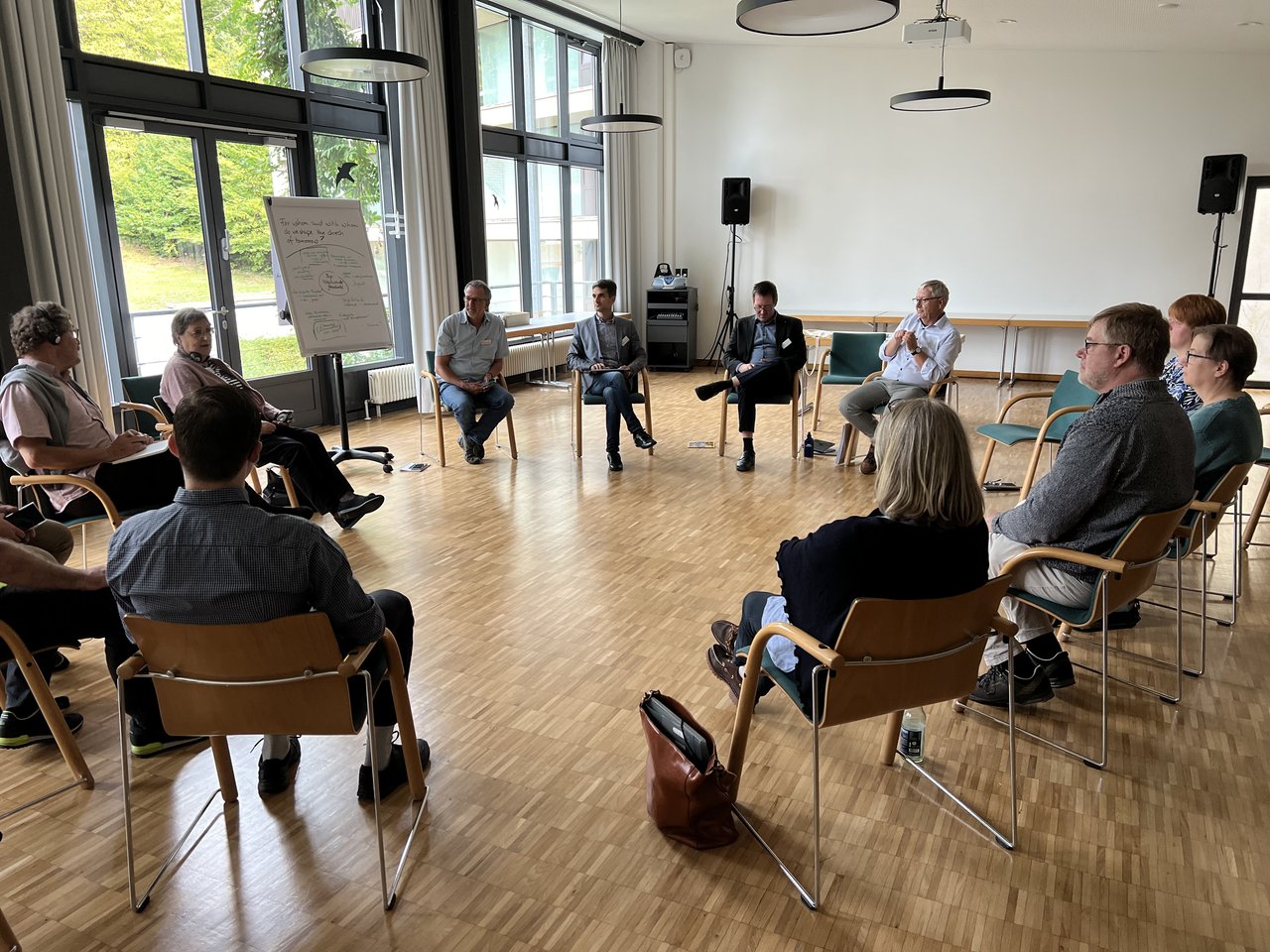Representatives of the member churches of the Communion of Protestant Churches in Europe (CPCE) convened in Bad Herrenalb, Germany, at the end of September commemorating the 50th anniversary of the Leuenberg Agreement. The synod members comprised nearly 60 delegates, the majority from Eastern Europe and Germany. Endre Iszlai represented the Reformed Church in Hungary and led one of the thematic workshops during the meeting.

The CPCE is a communion of 96 protestant churches–Lutheran, Methodist, Reformed, and United churches–from over thirty countries in Europe and South America. Among those churches, the CPCE represents around 50 million Protestants altogether. The CPCE exists due to the Leuenberg Agreement, a historic document signed in 1973 that created the possibility of pulpit and communion among Protestant Christian churches. The Leuenberg Agreement concluded that churches are allowed differences because they appeal to the Gospel as their common basis. As a result of signing the agreement, “churches commit themselves to ‘common witness and service’ and work together to come closer to one another.” The CPCE results from this mutual commitment between churches to collaborate with one another to strengthen and unite the Protestant voice in Europe.
The gathering, with the motto “The Mission of Protestant Churches in European Societies,” offered representatives the opportunity to learn about and discuss the life and situation of member churches throughout the region. Representatives participated in study trips covering various topics, lectures, and thematic workshops. The exchanges throughout the gathering affirmed the basis of the Leuenberg Agreement and the commitment churches made to engaging with one another in meaningful collaboration, transcending recognition to embrace a genuine ethos of learning from one another.
Endre Iszlai, a minister from Debrecen and member of the Synod of the Reformed Church in Hungary, represented the Reformed Church in Hungary at the CPCE gathering. Iszlai also serves as a member of the Ecumenical and Foreign Affairs Committee of the Synod of the RCH and has been involved in several CPCE initiatives throughout his years as a representative of the RCH.

As part of his contribution to the thematic workshops, Iszlai presented on the topic of “For whom and with whom do we shape the church of tomorrow?” This workshop discussed how to keep generations engaged within the church and pass on faith traditions to future generations. Iszlai spoke of how important it is to “grasp every opportunity for mission, and if necessary find new ways, new spaces for preaching,” and how in his community, this took form in broadening the church mission work to include opening kindergartens and soon a nursery too. Iszlai discussed how important creating these spaces is for building relationships, thus building community within the church. Ultimately, this unity “strengthens the ministry of the church and enables church members to have Christian relationships that support and encourage them in their faith.”
The other workshops and lectures discussed subjects such as the future of church leadership, the relationship between church and state, churches, and the climate crisis, among others. One of the organisers, Dr. Matthias Kreplin, General Counsellor of the host Evangelical Church of Baden, said, "The meeting highlighted how diverse and multifaceted the activities of the churches can be, adapting to the particular social situation. This was particularly important for us, the Church in the Province of Baden, at a time when major social changes and consequent internal church transformations are taking place".